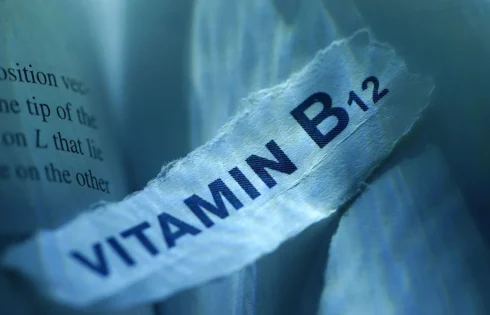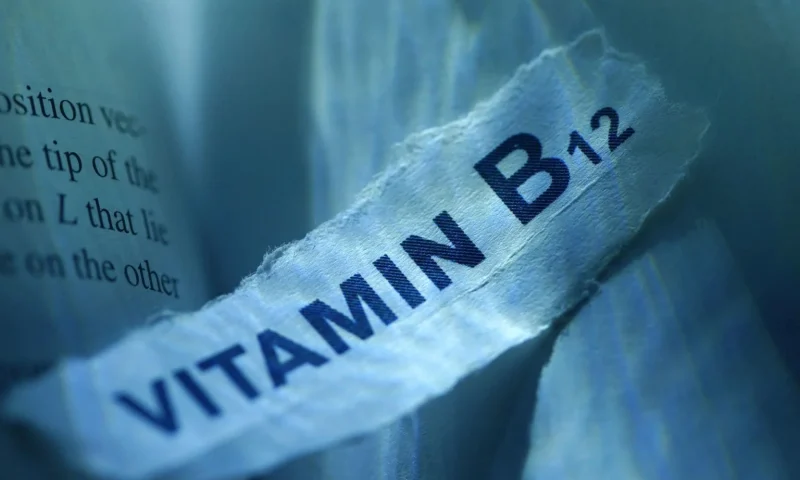
Scientists have bioengineered Spirulina to produce active vitamin B12, previously found only in animal products, offering a sustainable, carbon-neutral alternative to meat and dairy.
New research published in Discover Food highlights a breakthrough in biotechnology led by Dr. Asaf Tzachor, Founder and Academic Director of the Aviram Sustainability and Climate Program at Reichman University. Alongside researchers from Iceland, Denmark, and Austria, Dr. Tzachor has successfully cultivated photosynthetically controlled Spirulina that produces carbon-neutral, nutrient-rich biomass containing biologically active vitamin B12 — at levels comparable to those found in beef.
This marks the first time biologically active vitamin B12 has been identified in Spirulina, a significant advancement with global health implications. Vitamin B12 deficiency affects more than a billion people worldwide. Currently, the primary dietary sources of this essential micronutrient (recommended at 2.4 µg/day) are meat and dairy products — which come with substantial environmental costs. This new method offers a sustainable, plant-based alternative that could help combat B12 deficiency while reducing reliance on animal agriculture.
Although Spirulina (Arthrospira platensis), a type of blue-green algae, has long been considered a healthier and more sustainable alternative to meat and dairy, its traditional form contains mostly pseudo-vitamin B12, a compound that is not bioavailable to humans. This has limited its effectiveness in addressing vitamin B12 deficiencies and has prevented it from serving as a complete nutritional substitute for beef in human diets.
A Multinational Collaboration and Technological Innovation
In a pioneering exploratory study, an international team of researchers from Reichman University, University of Natural Resources and Life Sciences, Vienna, Ruppin Academic Center, Danish Technological Institute, and MATIS, Iceland, sought to overcome this challenge.
The team evaluated a biotechnology system developed by VAXA Technologies in Iceland, focusing on its engineering components, inputs (such as energy), and outputs, including biomass composition.
The system employs photonic management (modified light conditions) to enhance active vitamin B12 production in Spirulina, along with other bioactive compounds with antioxidant, anti-inflammatory, and immune-boosting properties. This innovative approach yielded carbon-neutral, nutritious biomass containing biologically active vitamin B12 at levels comparable to beef (1.64 µg/100g in PCS vs. 0.7–1.5 μg/100g in beef).
A Sustainable Alternative to Animal Products
Dr. Asaf Tzachor, explains, “the findings demonstrate that photosynthetically controlled Spirulina can produce desirable levels of active vitamin B12, offering a sustainable alternative to traditional animal-source foods.”
The study also explores production scale-up scenarios with profound implications for global nutrition. By reallocating electricity from heavy industry, Iceland could produce 277,950 tonnes of Spirulina biomass annually. This output translates to approximately 4555 grams of active vitamin B12 per year, meeting the recommended dietary allowance (RDA) for over 13.8 million children aged 1–3. More ambitious scenarios suggest the potential to meet the RDA for over 26.5 million children aged 1–3, and over 50 million children aged 0–6 months.
This breakthrough marks a significant step towards addressing global vitamin B12 deficiency sustainably, reducing reliance on environmentally taxing meat and dairy production.

